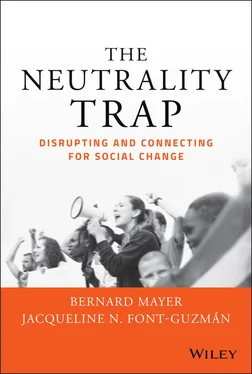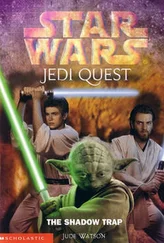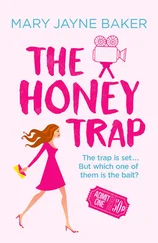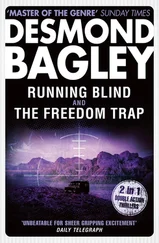But many more people rejected than supported Trump. We voted him out. Democracy somehow survived. We are going to find our way through COVID‐19, although not without having paid an awful price, and the responses to voter suppression, to the killing of people of color, and to the threats to our climate have laid the ground for what I hope will be a sustained movement for change.
I love your story about the woman who had to trudge up the hill. It feels like a metaphor for our time. We all are trudging, some with more privilege and power than others. Our obligation is to come together to help everyone get up that hill.
How has COVID‐19, the election, and its aftermath affected you?
Jackie: I like that you raise anger as a catalyst for change and a motivator to organize. Many times, anger is a path to restoring social justice. I am always disappointed (and angered) when people do not get angry or are indifferent when confronted with injustices. My grandmother used to say that when you lose your capacity to become indignant, you might as well be dead. I believe anger is one of those emotions that we shut down too quickly. As conflict practitioners and activists, an effective way to escalate conflict is by channeling anger toward indignation, a truly powerful emotion.
The elections and COVID‐19 have taken me to places of fear, anxiety, anger, rage, frustration, solidarity, hope, joy, compassion, and reflection. At the intersection of COVID‐19 and the US election we have witnessed how deeply racism, both individual and systemic, is embedded in our society. Hispanics, people of color, and Indigenous populations are dying at a higher rate than other groups. COVID‐19 has debunked the myth that the United States has the best healthcare in the world by evidencing how fragile our health system is. It is distressing that I live in a wealthy nation where people have to set up GoFundMe accounts to raise money to cover their healthcare costs. It has been tragic to see the politicization of sound public health guidelines such as wearing masks or getting vaccinated.
The historical period in which we live has shown the fragility and, at times, hollowness of the US democracy. Can we say we live in a democracy when so many people are excluded from participating in the decision‐making process of policies that directly affect them? Can we say that the United States is a democracy when it does not advance political self‐determination processes in all the colonies it possesses? It feels like the empire is crumbling and we are adrift in the turbulence that its dissolution is creating. Many of these systems cannot be fixed because they are not broken. They are working as they were intended to operate by privileging certain groups at the expense of others. And this is where my emotions shift toward hope and reflecting on how much work we need to do, together, if we want to advance democracy and disrupt oppressive systems.
How has it been for you to witness the amplification of polarization in the US elections as a dual US and Canadian citizen, residing in Canada?
Bernie: This period has definitely tested my sense of who I am. My Canadian self is very happy to be spending this time isolating in Canada and feeling insulated not only from the COVID‐19 chaos in the United States (we have our struggles with it here too) but also from the polarization and seeming hopelessness of rallying the US people to face our most pressing problems. But my US self cares deeply about what is happening across the border. I believe it is not really polarization that is our most daunting political problem but the lack of a unifying vision about how we can deal with our seemingly insurmountable challenges. This requires building an effective movement for change with a clear vision for the future. I think such a movement will do more to create constructive conversations and break through polarization than anything else we can do.
What about you? How does your Puerto Rican self make sense of what is happening in the United States?
Jackie: One of the sad advantages of being from a colony is that we have seen and experienced firsthand the many ways that oppression manifests itself. Therefore, my Puerto Rican self is not surprised by what is happening in the United States. However it does give me hope that more and more people in the United States may be willing to start engaging in conversations that they would not have imagined having five years ago. In my opinion, racism is not the root cause of what is currently happening in the United States; rather it is the US imperialist mindset that has fueled racism and White supremacy. As a Puerto Rican, I am hopeful that as conversations about dismantling racism continue to take place, more people in the United States will start grappling with the harsh reality that they are an empire and as such, they continue to own colonies and deprive people of democracy. Maybe the conversations in the United States can advance a self‐determination process for Puerto Rico, all the other US colonies, and for Indigenous nations.
Конец ознакомительного фрагмента.
Текст предоставлен ООО «ЛитРес».
Прочитайте эту книгу целиком, купив полную легальную версию на ЛитРес.
Безопасно оплатить книгу можно банковской картой Visa, MasterCard, Maestro, со счета мобильного телефона, с платежного терминала, в салоне МТС или Связной, через PayPal, WebMoney, Яндекс.Деньги, QIWI Кошелек, бонусными картами или другим удобным Вам способом.












